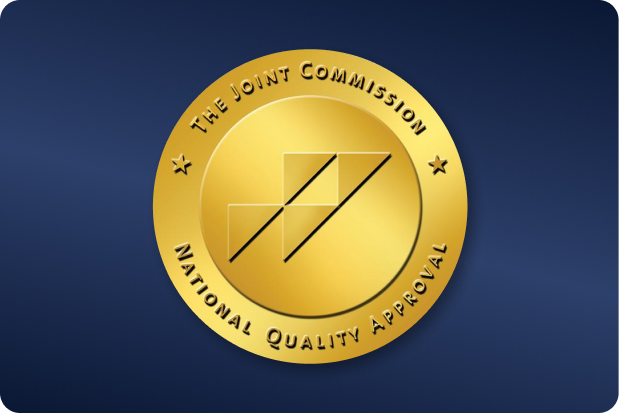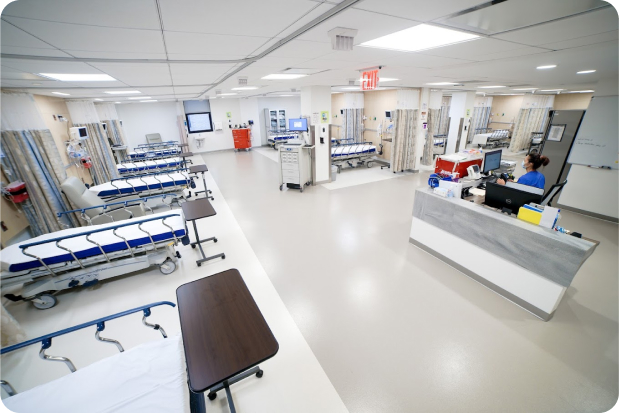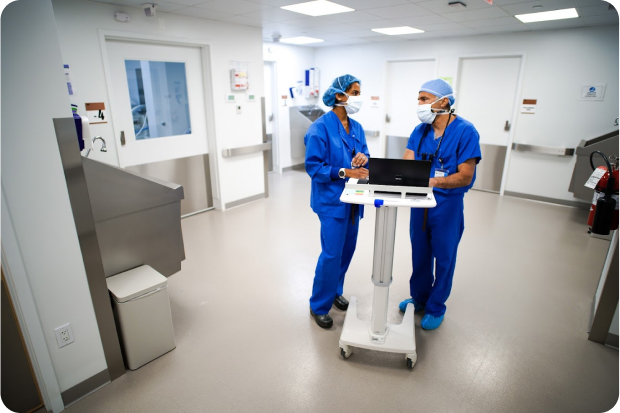 OUR LOCATIONSCall to book (212) 604-1300
OUR LOCATIONSCall to book (212) 604-1300
 OUR LOCATIONSCall to book (212) 604-1300
OUR LOCATIONSCall to book (212) 604-1300
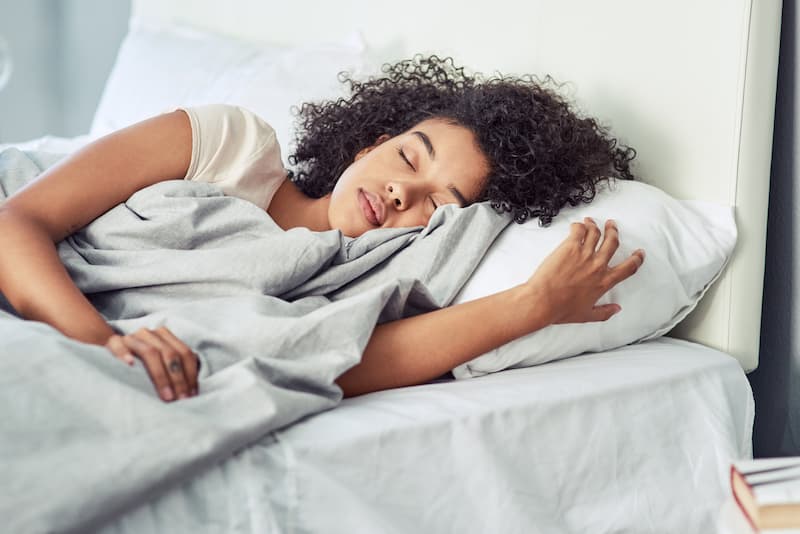
Upper back pain is a very common complaint. According to a study published in the Occupational Medicine Journal, 1 out of 10 men and 1 out of 5 women is affected by upper back pain. Your thoracic spine, which is the longest and least flexible part of your spinal column, is instrumental in the upper back pain that you’re having right now, especially before and after sleeping. If you experience waking up to a not-so-good feeling on a regular basis because of the discomfort in your upper back, you know this is something you should fix right away.
So what causes that upper back pain that you feel after sleeping? Factors that contribute to your discomfort range from muscle pain to poor sleep posture. Fortunately, most of these problems can be fixed easily by making some lifestyle adjustments, but some can point towards potentially serious health problems such as fibromyalgia. Find out the reason behind your upper back pain and stop the vicious cycle of morning pain after sleeping for a few hours.
Your upper back is a connection of several moving parts – your neck, shoulders, and middle and lower back. Just imagine the strain that your upper back goes through as it carries the weight of your head and the stresses you place on your arms.
This is why upper back pain is a common thing, which can be as mild as a “crunchy” feeling in the upper or middle back to something that is sudden and excruciating. There are several factors that contribute to this spinal stenosis, which include poor sleeping posture, being overweight, carrying heavy objects regularly, and even smoking.
The pain and discomfort you’re having right now can be inflammatory in nature or something related to your posture. Find out which is the culprit behind yours.
It could be spondyloarthritis, which is a group of inflammatory diseases that typically affects the spine and sometimes the peripheral joints. There are a number of conditions under this blanket term but in your case, it’s probably spondylitis, which causes pain and stiffness that starts in the lower back and then spreads upward. The pain comes and goes and can be accompanied by fatigue.
This can be the result of repetitive activities and tasks that strains the upper and lower back muscles. Athletes are prone to this as well as ordinary people with jobs that require them to do the same thing everyday. The repetitive movements can lead to muscle strain, irritation, and spasms. Worse, it could be the start of chronic back pain.
If you think you’re suffering from muscle overuse, you should work on getting a full rest and apply a heating pad to affected areas. If the pain persists, you may have to resort to physical therapy.
Slouching for long periods of time and doing this regularly spells disaster on your spinal cord, upper and lower back, or rotator cuff tendons. Placing your spinal canal in an awkward position for long periods puts stress and pressure on it. This can eventually lead to long-term stiffness and pain. This is why correcting posture is essential in keeping upper back pain at bay, which applies to sleeping as well. It’s important to stretch frequently and invest in a good mattress and pillows in order to correct or maintain your body’s good posture.
This is characterized by severe pain spreading throughout the body and contributing to neck stiffness and upper back pain after sleeping. The condition usually originates from an injury or overuse of the hips, spinal discs, or knees. It can be challenging to treat painful soft muscle tissues. Just like posture-related pain, you will greatly benefit from using adjustable mattress frames and memory pillows to alleviate the effects of chronic pain. Severe cases may need physical therapy. All these are needed for you to get the restorative sleep that is essential for pain relief.
This is another source of potentially excruciating pain. Herniated discs happen when tiny bits of the rubber-like cushions nestled between your vertebrae find their way through, which leads to pressure on the spine. You will usually feel this start in the lower back but the pain can also happen in the upper or middle back.
You may also feel numbness and weakness in the arms, hips, and legs. Those who have herniated discs or pinched nerves usually have a hard time dealing with the pain, which can be severe. In this case, a visit to your doctor is necessary.
Accidents, which can range from falling to encountering sudden force during car mishaps, can cause trauma to your back muscles. This can lead to acute pain and compression fractures. You can feel the symptoms immediately after the accident or it can manifest after a while. Sometimes, you may not notice the injury and mistake it as a common upper middle back pain. If this trauma injury goes unchecked, it can result in long-lasting complications that can make the pain worse.
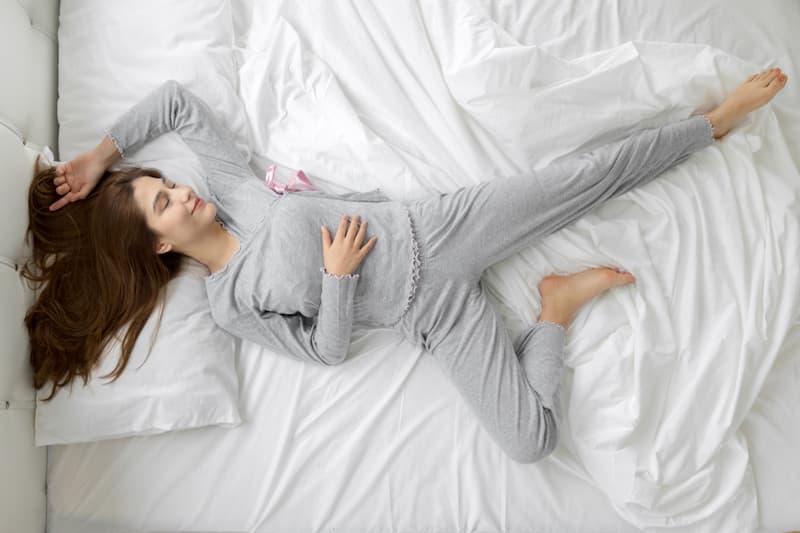
Consider yourself somewhat lucky if the culprit behind your upper back pain symptoms is sleep posture. It means you can easily fix it by doing some positional adjustments and investing in quality beds and pillows. Here are some sleep tips to avoid waking up in pain:
Aside from improving your sleeping conditions, there are other measures you can do to lessen or eliminate back pain.
Combined with sleeping on the right pillow and mattress, applying hot and cold packs to your upper back neck pain will do wonders for your pain management. Because of the numbing effect, ice packs are particularly recommended for treating conditions such as shoulder joint inflammation, hip pain, neck strain, and muscle spasms. Hot packs are great for loosening pain and stiffness on the shoulder necks and your muscles on the neck, knees, hips, and legs.
There are countless over-the-counter treatments available for treating muscle spasm, upper back, shoulder pain, and stiff neck pain after sleeping. Look for pain creams that contain capsaicin, an ingredient known for its efficiency in alleviating night pain caused by degenerative disc disease, osteoarthritis, and rotator cuff tendinitis. Products with menthol can also numb pain and stiffness temporarily. Just make sure to use menthol in moderate amounts since too much of it can make you more sensitive to pain at night.
Easy, low-impact exercises are great for people suffering from shoulder stress, muscle spasms, spinal misalignment, and rotator cuff tendon injuries. Those in pain can benefit from doing brisk walking, swimming, and yoga to keep their bodies moving. Not only will it loosen up their joints and muscles, but it can also make the body produce endorphins and other feel-good hormones, which serve as a natural painkiller.
Office workers are prone to posture problems since they spend most of their work time sitting and slouching on their desks. This leads to neck pain and muscle tension due to the poor position of their spine, shoulder blades, hips, and legs. The solution is to make their workstation as ergonomic as possible in such a way that they can do their work comfortably while still taking care of their postures. Using standing desks has become more popular in recent years because it can supposedly relieve joint and muscle pain and maintain a neutral spine without disrupting their workflow.
A physical therapist or licensed chiropractor might help relieve your pain by adjusting your sleep positions. This will give you a better posture and body support during your sleep. Your chiropractor can also give you advice on the best mattress for your condition.
New York Pain Care understands your pain better than the others and we are dedicated to doing everything we can so that patients can live as comfortably and as pain-free as possible. With the help of our highly experienced team of pain physicians in NYC and state-of-the-art treatments, we provide one-on-one care for each of our clients and develop custom treatment plans that will address their pain issues. Call us to schedule your appointment and let’s start working on getting you a pain-free life.
Learn more: How to Deal With Upper Back Pain After Eating



